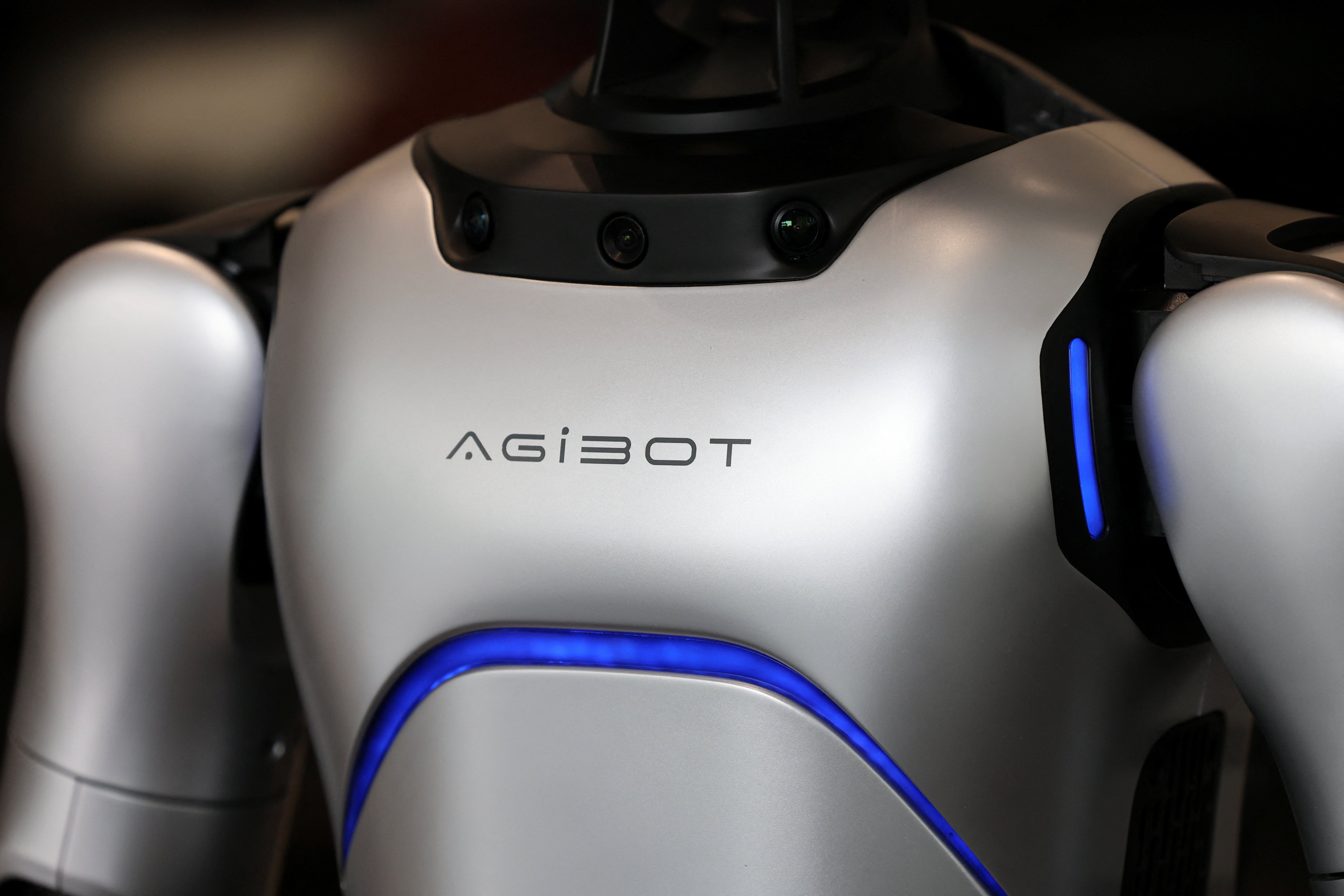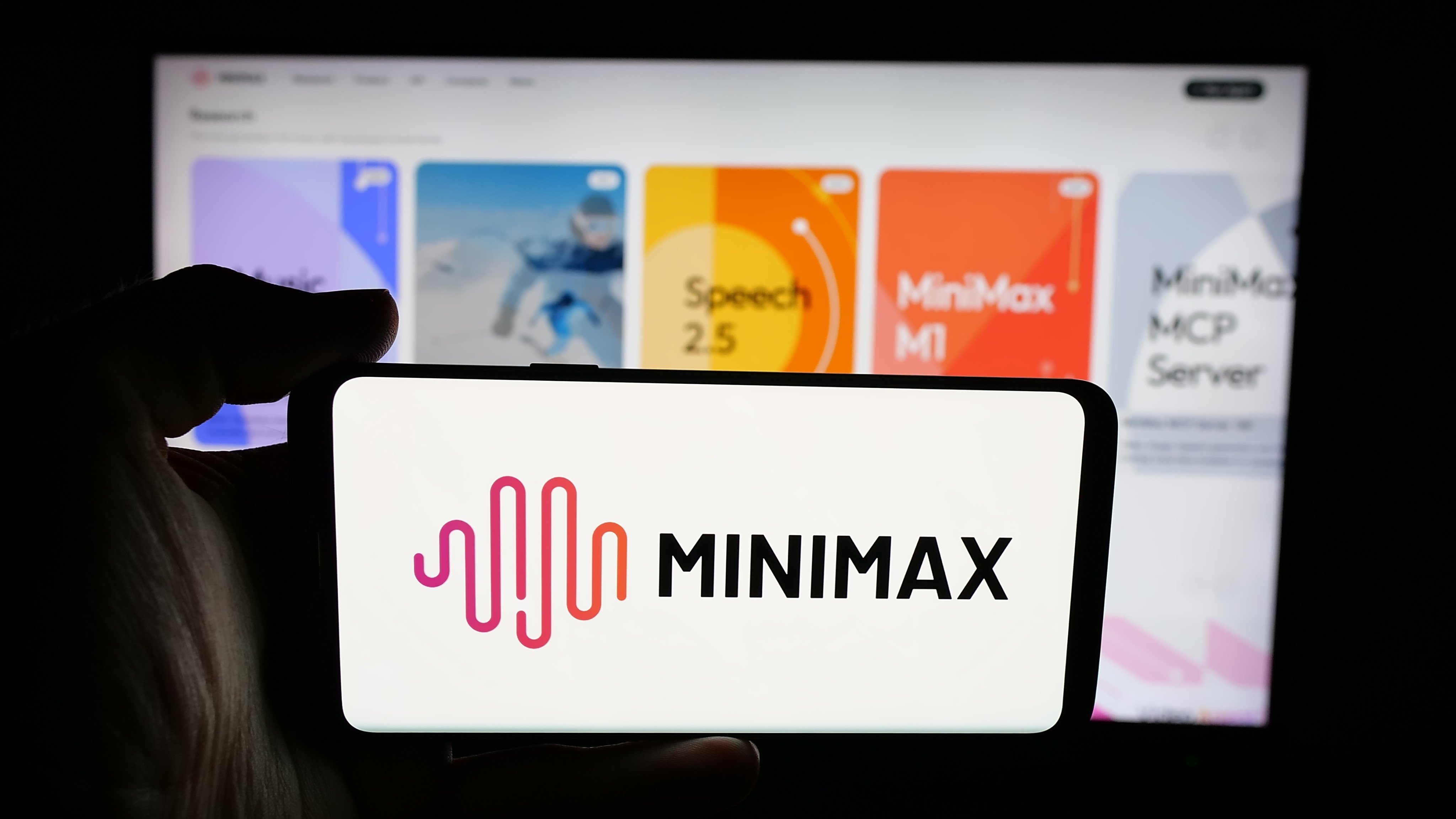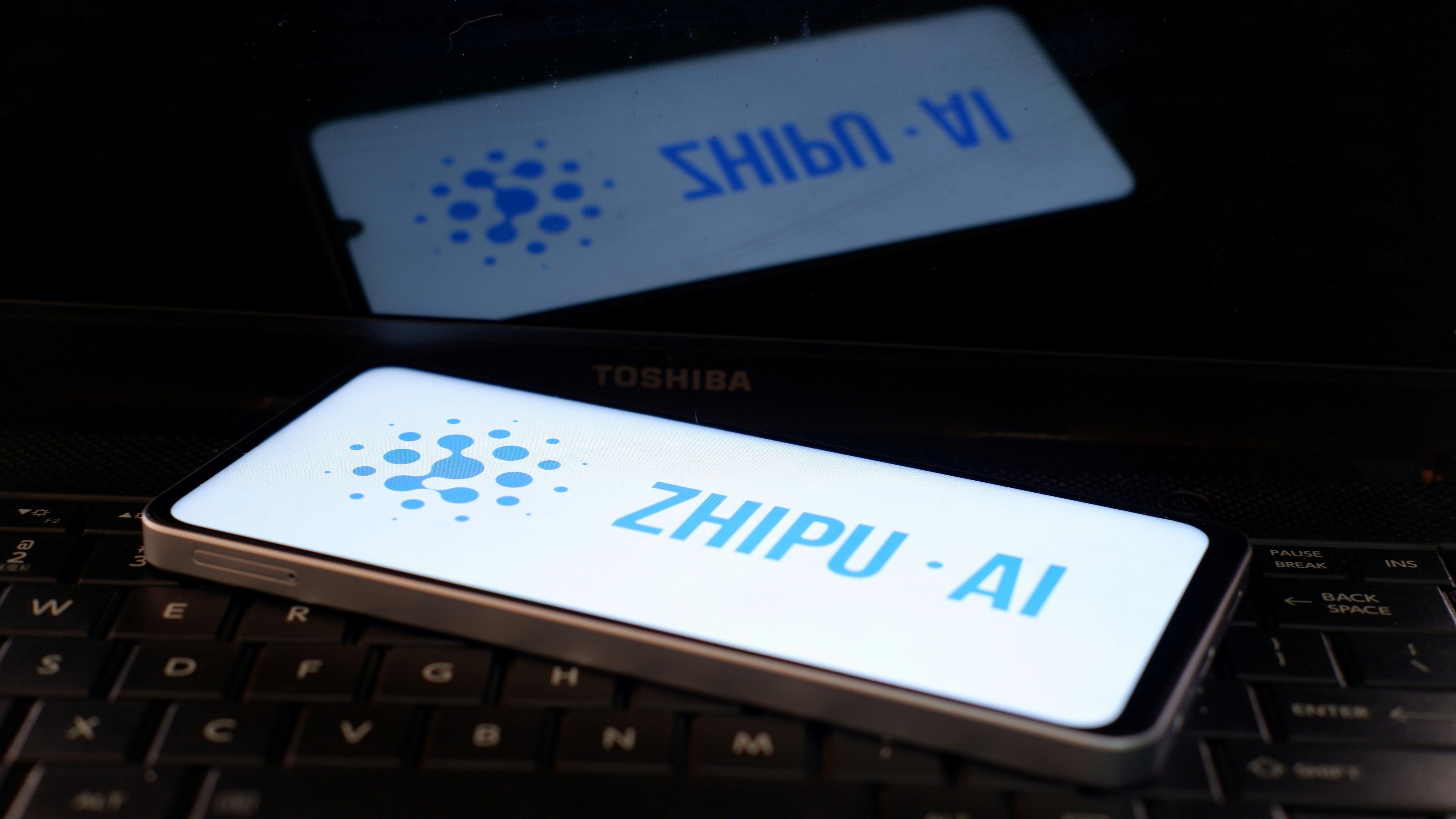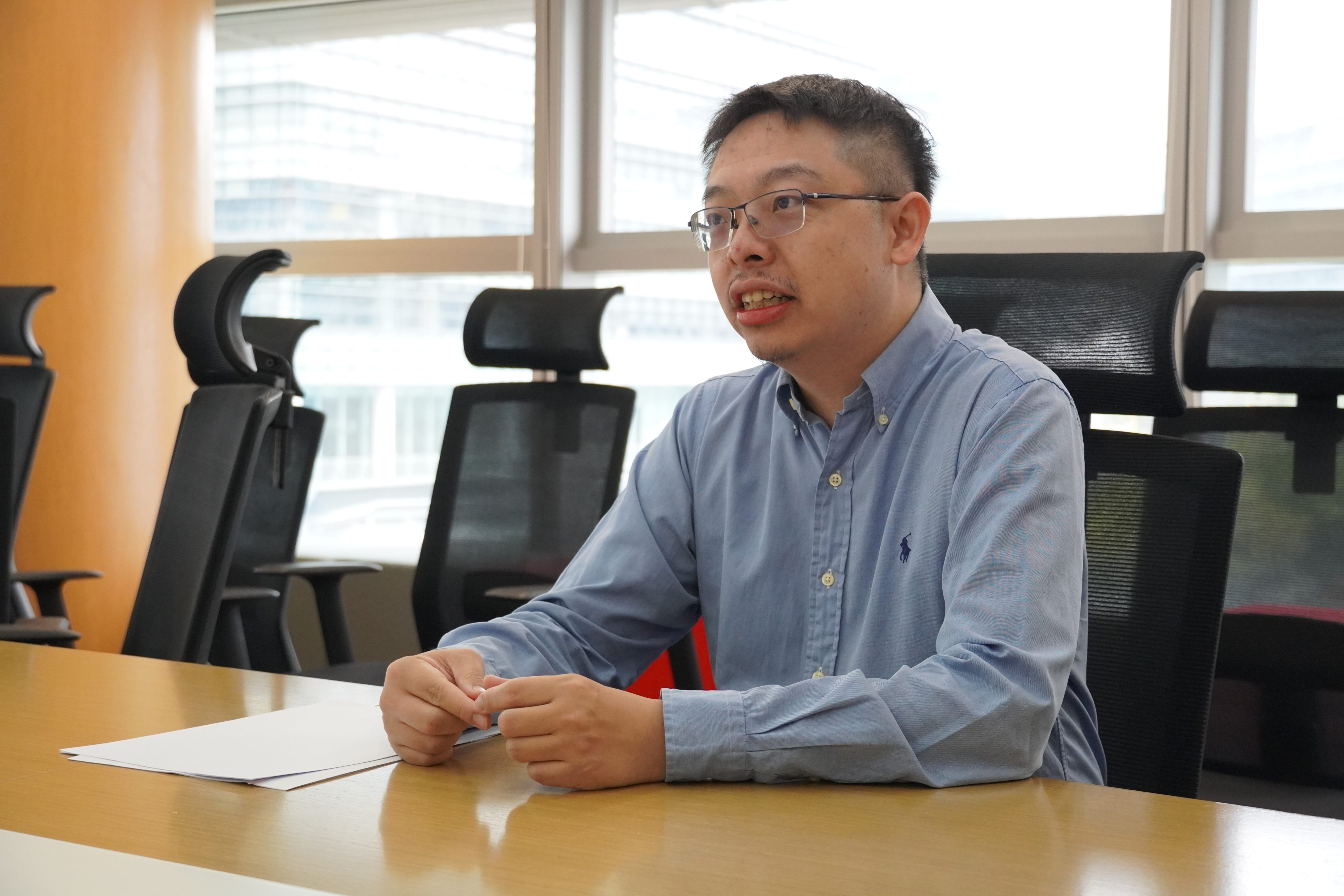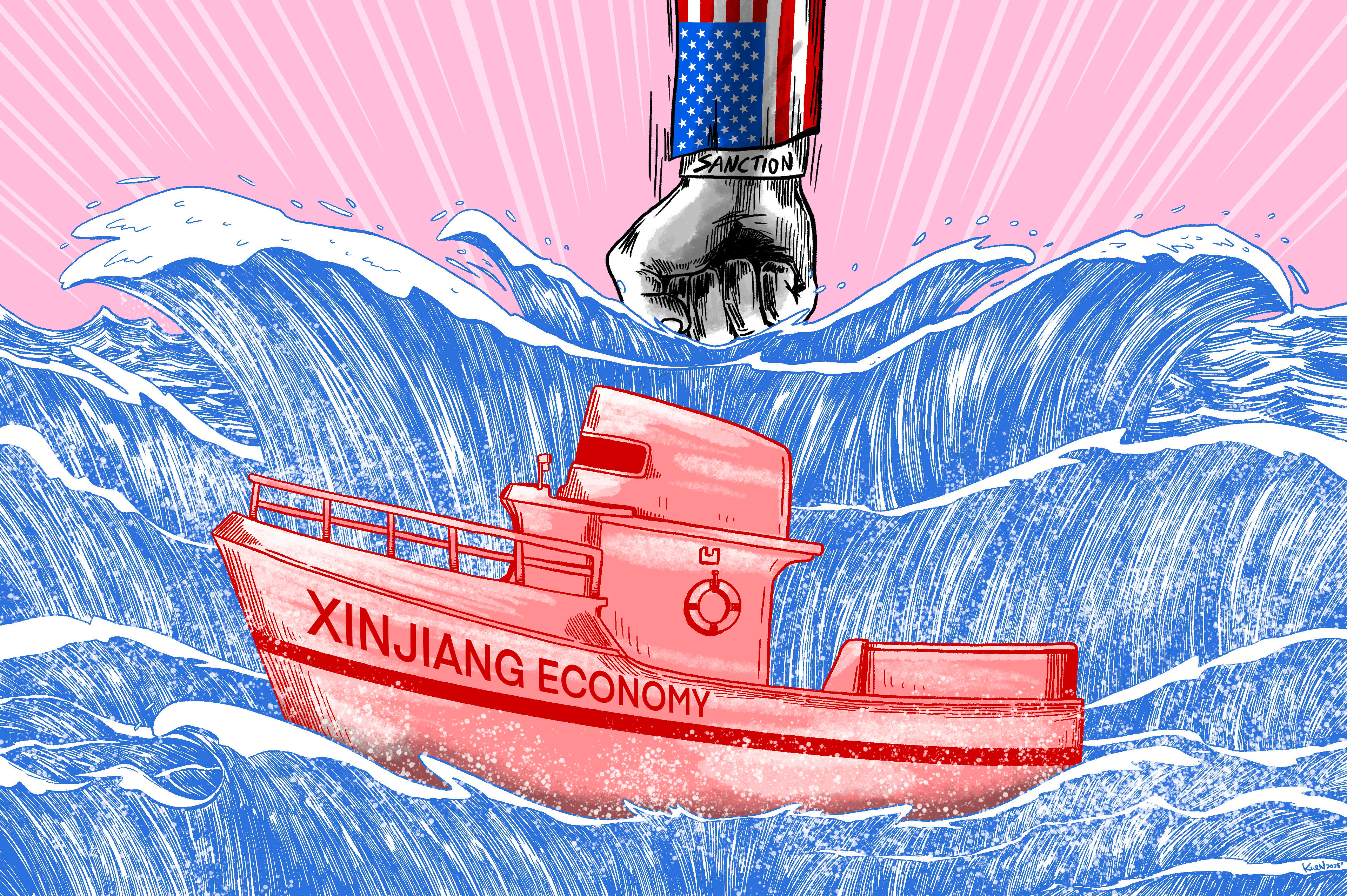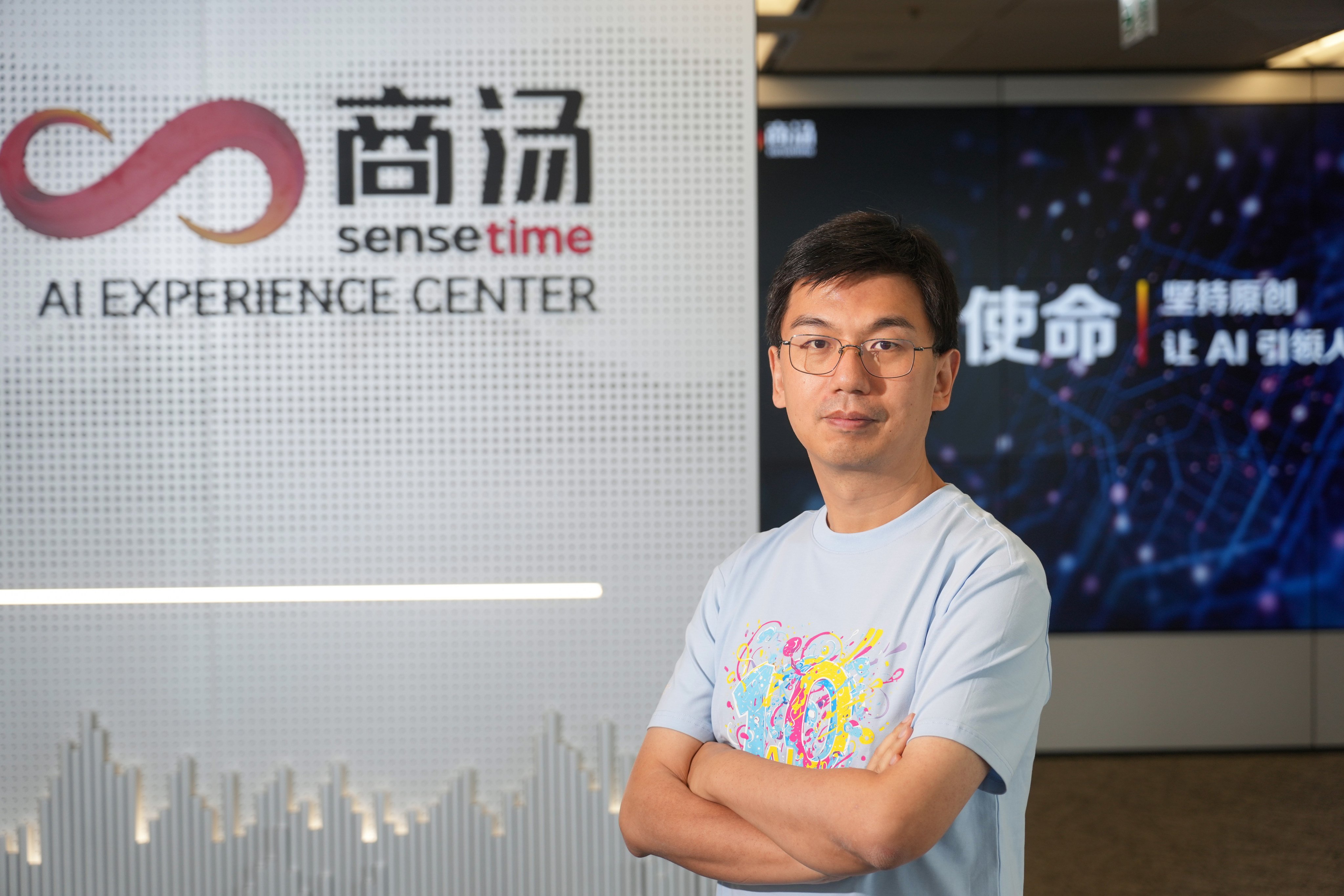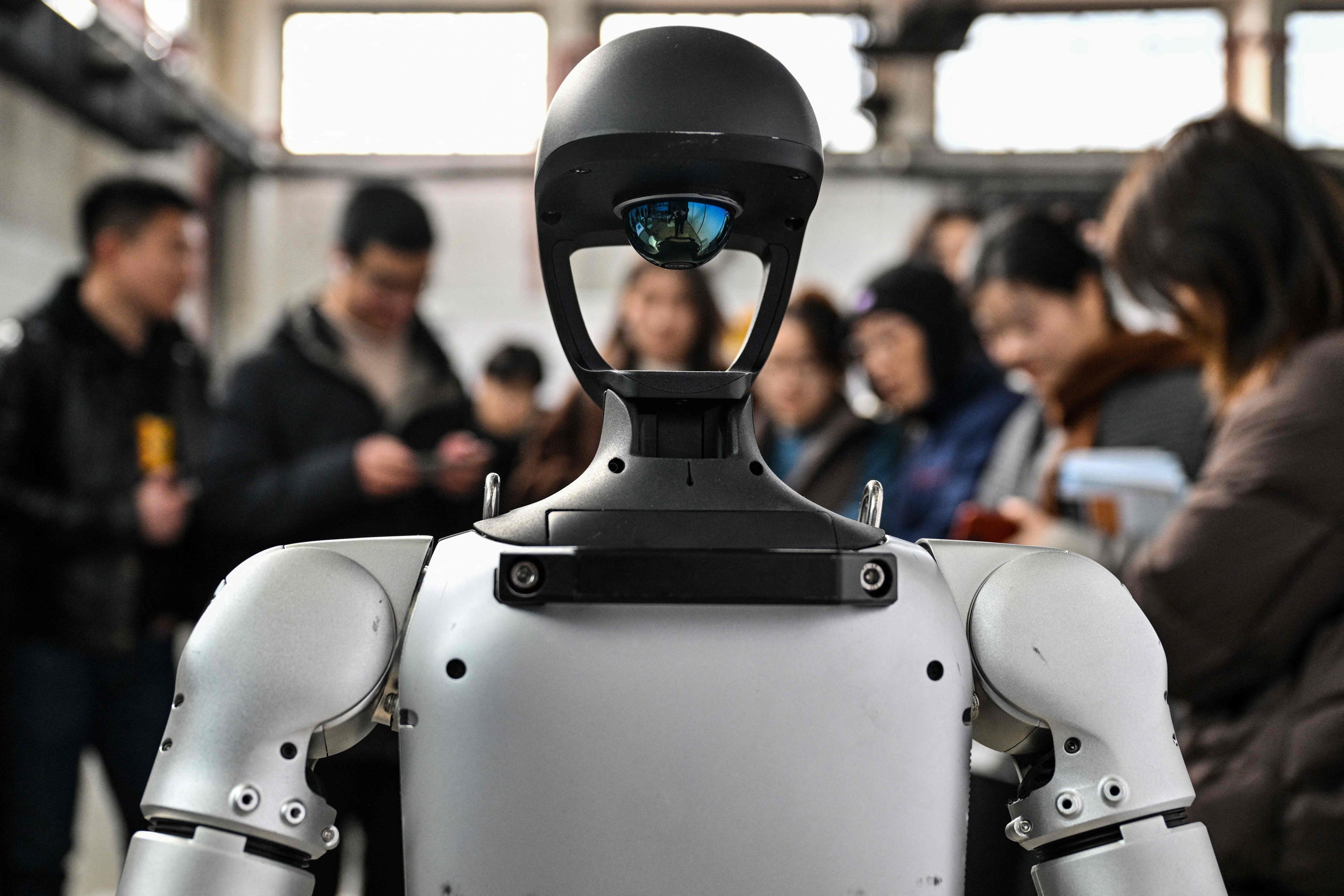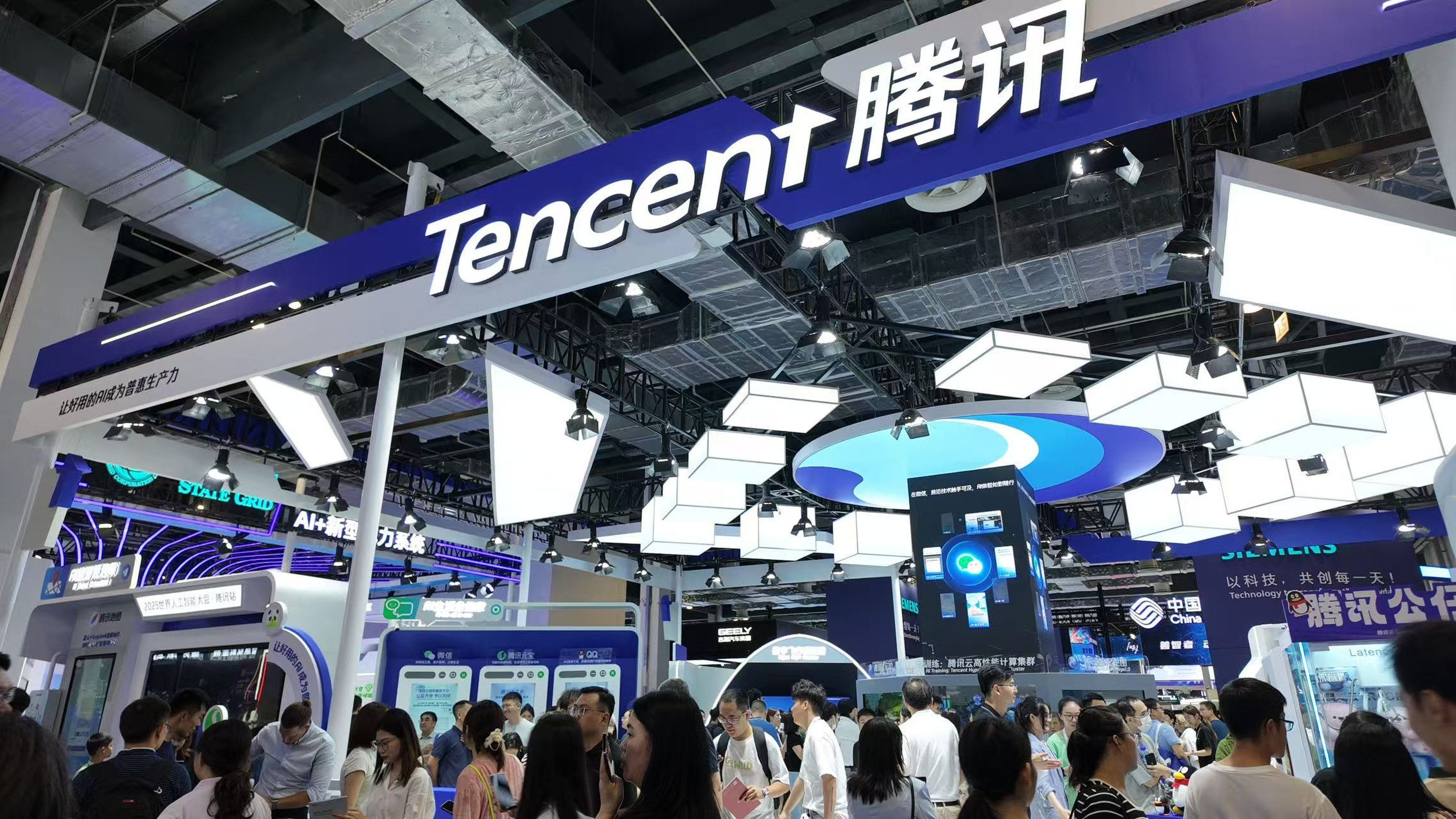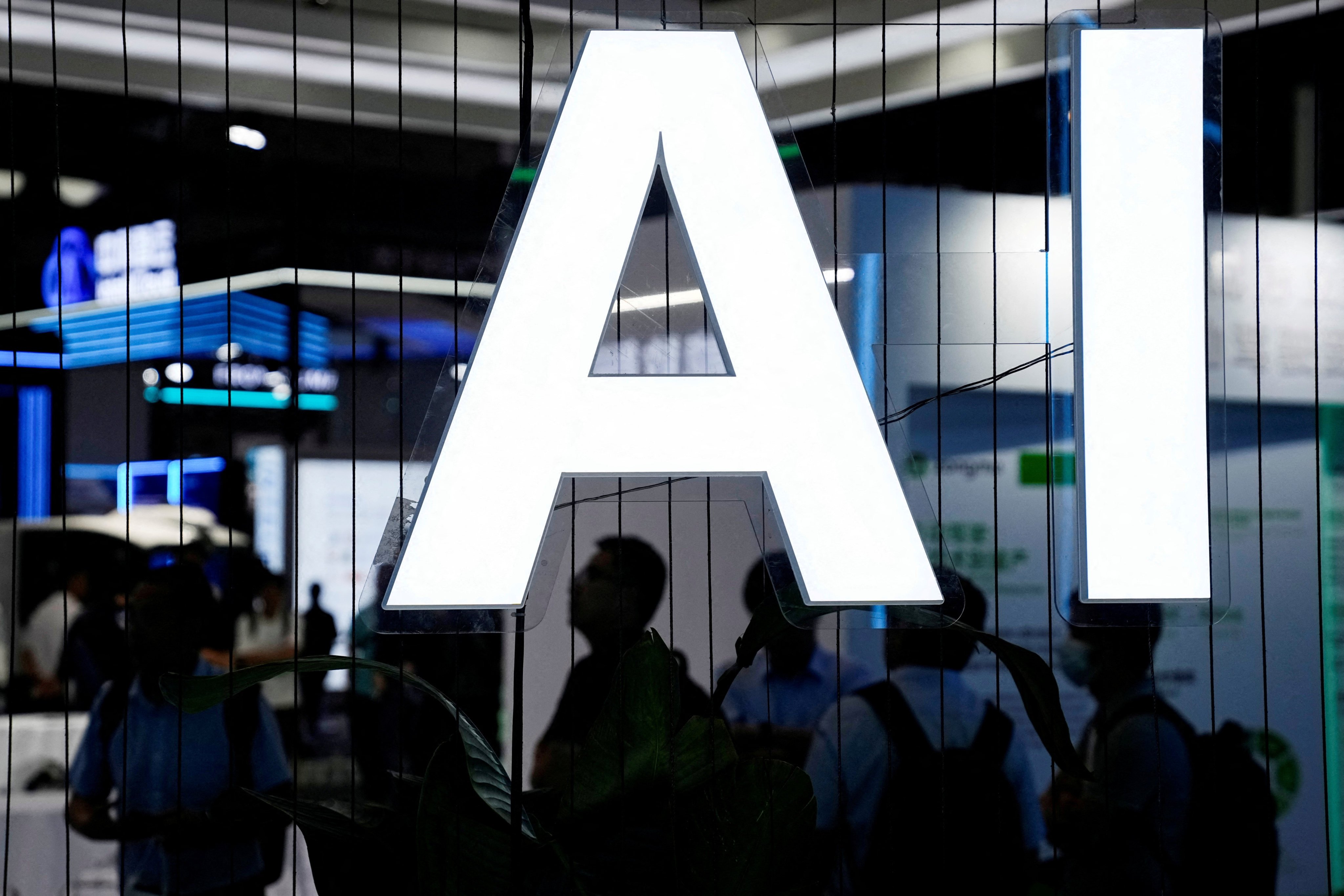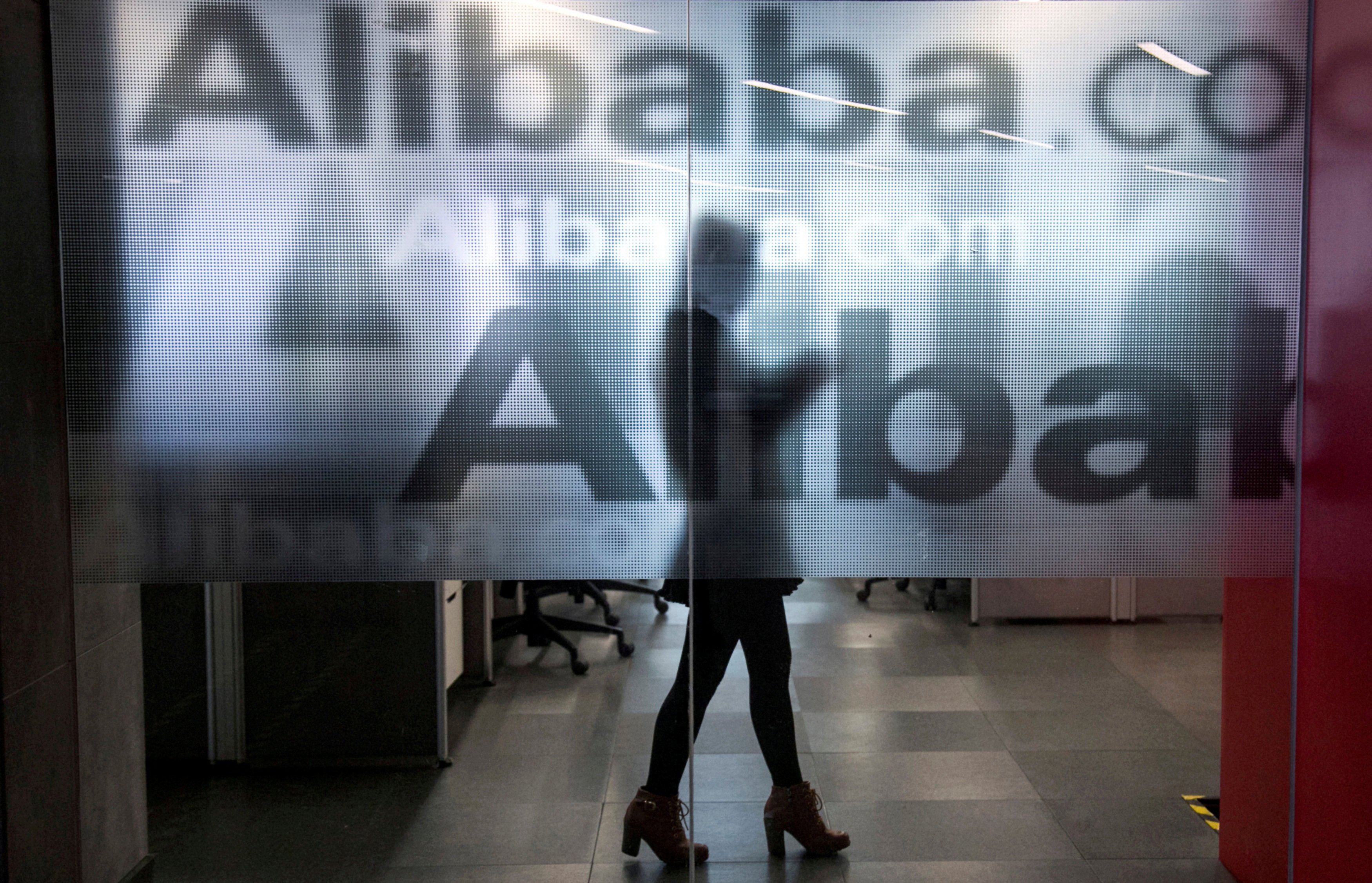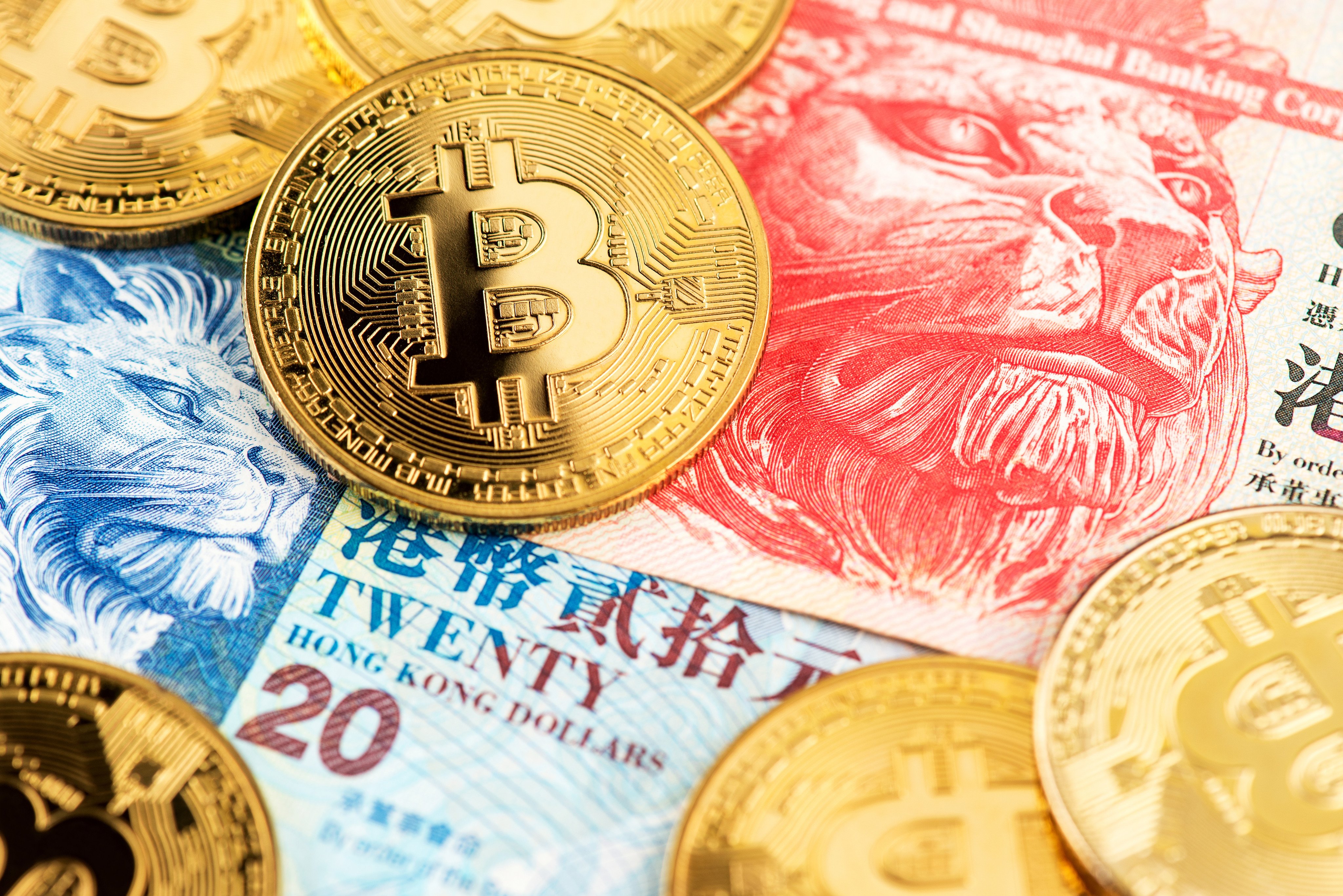Advertisement
Advertisement

TOPIC
/ company
SenseTime

SenseTime
Hong Kong-listed SenseTime is one of China's top artificial intelligence companies specialising in facial and image-recognition technology.
Chairman / President
Xu Li
CEO / Managing Director
Xu Li
CFO / Finance Director
Wang Zheng
Industry
Artificial Intelligence technology
Website
sensetime.com
Headquarters address
8th Floor, Building 3, No. 1 Wangjing East Road, Chaoyang District, Beijing, China
Stock Code
SEHK:0020
Year founded
2014
Help preserve 120 years of quality journalism.
SUPPORT NOWAdvertisement
Advertisement
Advertisement
Advertisement
Advertisement
Advertisement
Advertisement
Advertisement
Advertisement
Advertisement
Advertisement
Advertisement
